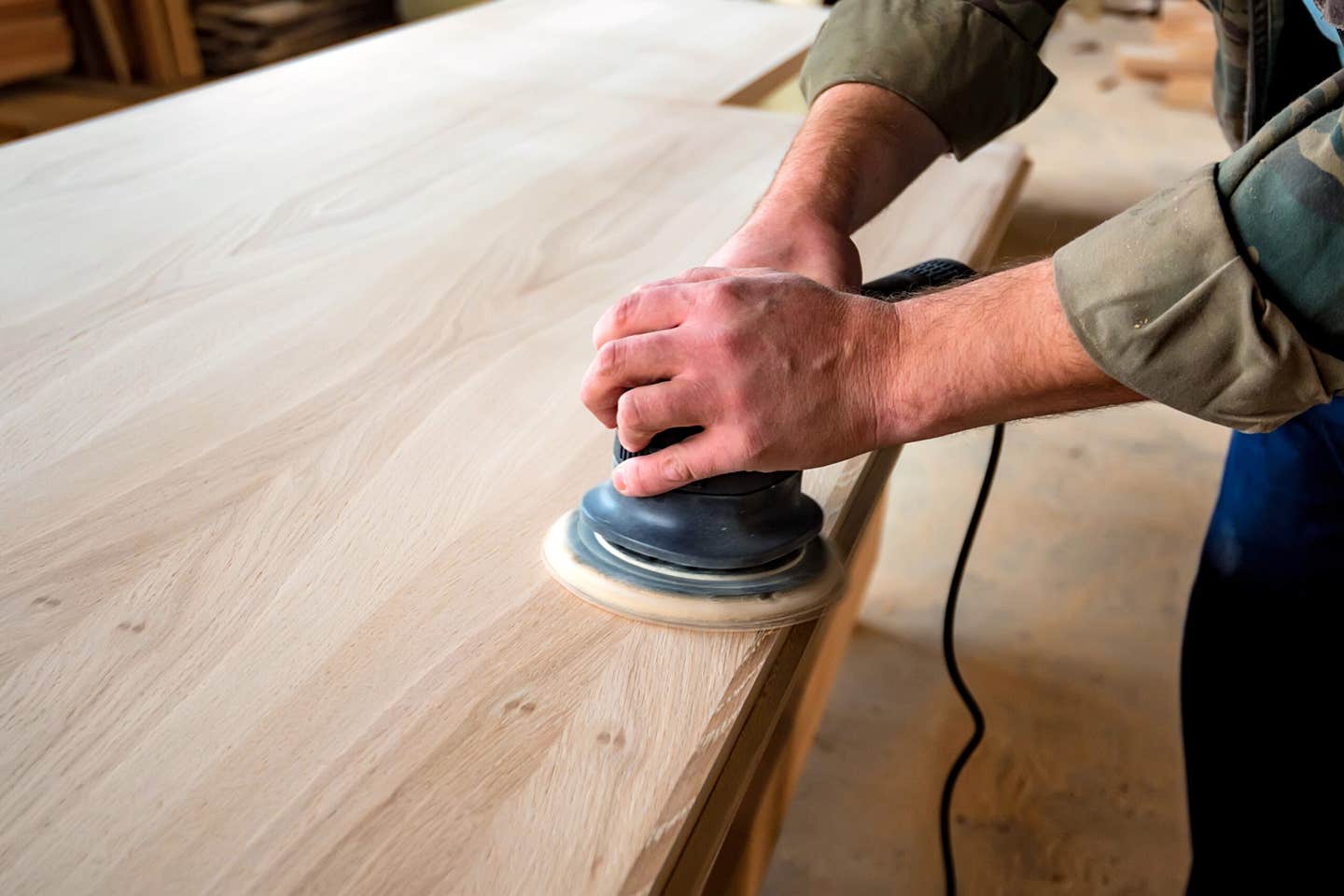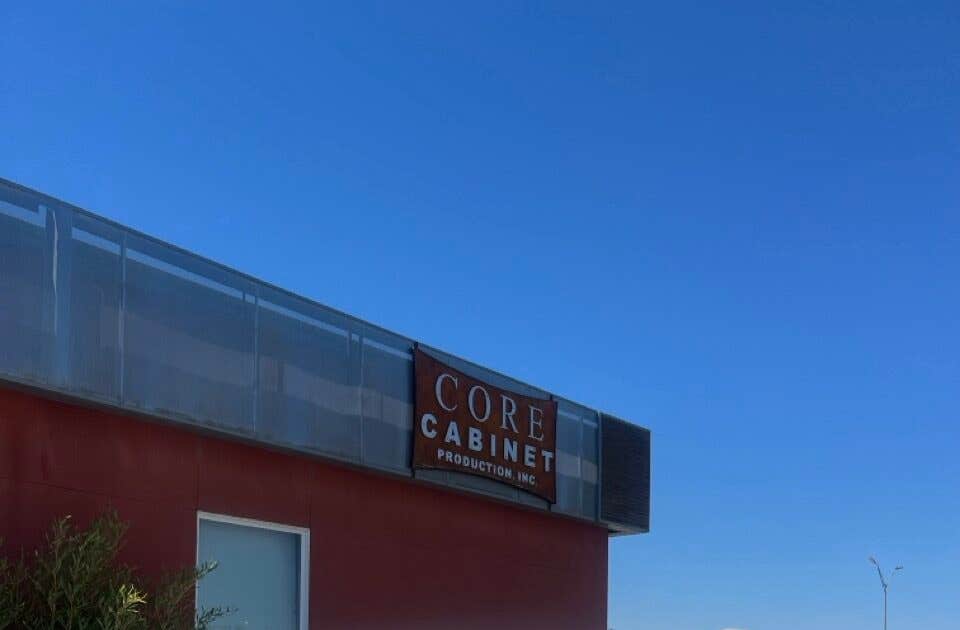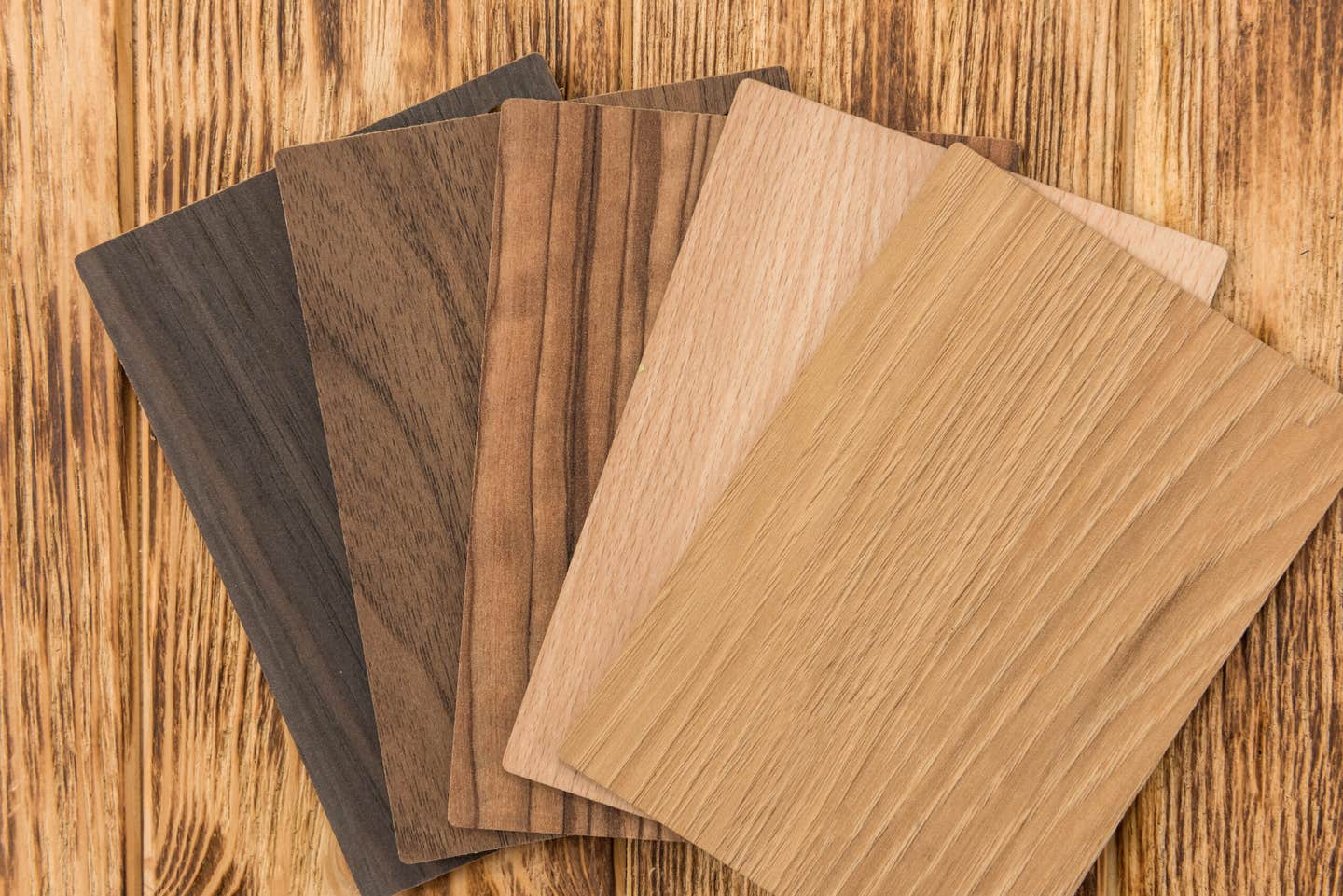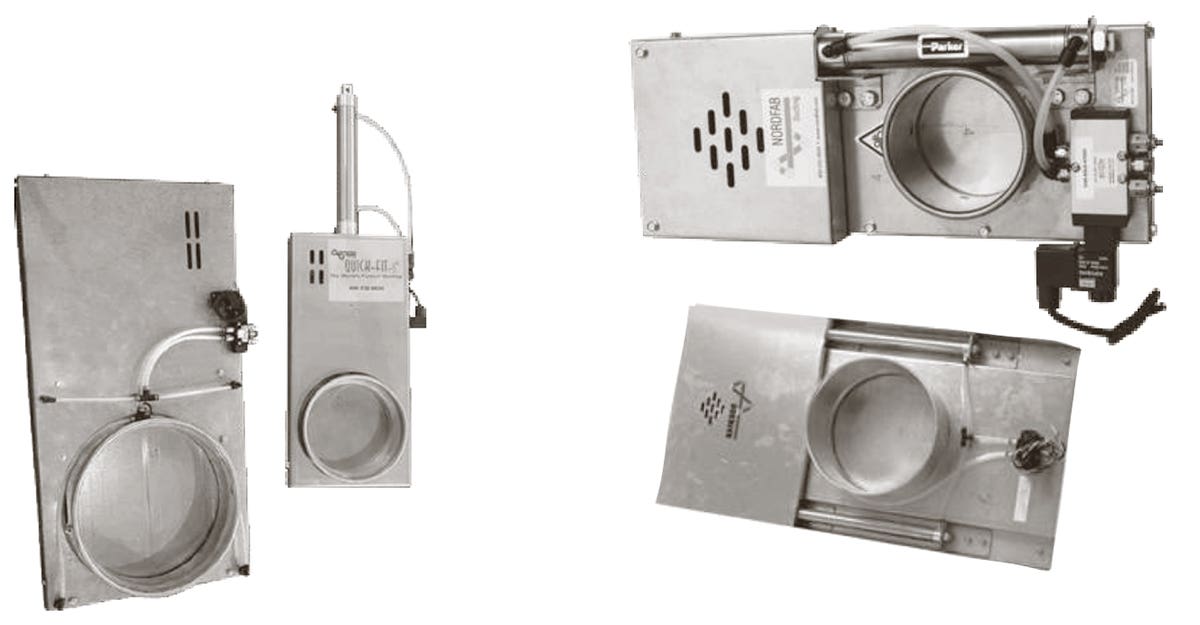Staying ahead of the game
Beech Tree Woodworks in Olympia, Wash., focuses on using environmentally friendly materials to produce furniture and cabinetry for the local residential market. But all stories have a beginning and, for…
Beech Tree Woodworks in Olympia, Wash., focuses on using environmentally friendly materials to produce furniture and cabinetry for the local residential market.
But all stories have a beginning and, for owner Nic James, the journey started in 2001 when he opened a general contracting company. The business grew rather quickly and morphed into a cabinet shop. Employees were added to increase production, but then the Great Recession struck a mighty blow. The shop survived and another growth phase is about to begin.
“The economy is doing great right now and it’s our best year ever,” says James, who’s looking at industrial properties so he can move out of his maxed-out 2,500-sq.-ft. shop. “I’ve had to turn down work because scheduling has become really tricky lately. It’s really hard for me to say no to work, especially when existing clients call. But we just can’t keep up with the demand at this point.”
This year, James expects to earn about $500,000 in gross revenue.
“Looking at the economy and how well it’s doing now, we are so booked out with a five- to six-month backlog, I foresee us increasing our prices in 2015,” James says.
The beginning
James, originally from Seattle, was building and maintaining hiking trails in his 20s when a friend asked for help remodeling a house. Something clicked and they decided to start a general contracting business.
But James became more interested in fine woodworking. He was accepted at the College of the Redwoods in Eureka, Calif., in 2003 and turned to custom cabinetry in 2005.
He named the shop “Beech Tree” for a tree growing on the property. He says the name symbolizes the shop’s dedication to nature and sustainability.
As the workload increased, employees were added. He currently has five, including Ben Roosa (who took the photos for this article), Jason Roberts, Jeff Kloppel, Bryan Torian and Matt Dubois.
“I’ve always cross-trained my employees to keeps things interesting and fresh,” James says. “We don’t want to be a factory. My ideal shop is where everyone rotates their tasks, so they learn and grow more.”
The planned expansion includes adding a CNC router. James would also like to update the shop’s tools and machinery, something he wished he’d done during the recession.
“If I had a crystal ball in the recession I would have bought some amazing tools at $.25 cents on the dollar when people were selling them like hot cakes. It seemed like taking advantage of people when they were down at the time, though. But there were some great deals.”
The shop focuses on residential and remodeling work. It provides design and installation services and manufactures cabinets, built-ins, staircases, mantels, fine furniture and outdoor structures.
There have been a few commercial jobs and James is hoping for more. The shop’s main market is the Puget Sound area, but customers from California, Oregon and the rest of Washington also come calling.
Jobs are basically obtained from repeat clients and long-standing relationships with general contractors, designers, builders and architects. The shop does some local print advertising, but most of the new work comes from referrals and website inquiries.
Accentuating grain
“We tend to, for whatever reason, do a little more traditional work such as Arts and Crafts and Shaker styles,” James says. “We do some modern slab doors and drawer fronts on occasion for a simple, contemporary look. We don’t do a lot of fancy, curvy, carved stuff. It’s fairly rectilinear and that’s good. It’s what I’m drawn to because of what people see on the website. About 90 percent of what we do is flush, inset cabinetry.”
Some clients give James free reign over the design process, while others want to be involved or use an architect.
“In any case, we always add our input. We always have things we can share and offer. Usually we do all of our own shop drawings in 3-D, using SketchUp. We do it regardless of whether we have been given drawings or not for our own purposes and final approval. I don’t purport to be a designer, but we’ve been doing it for a while and I feel like I have some things to offer.”
The shop takes great pride in offering hardwoods certified by the Forest Stewardship Council, using reclaimed materials, and applying environmentally friendly finishes. All finishing is done in-house, and the shop offers zero or low VOC paint and stains with an emphasis on a commitment to accentuating wood grain.
“We emphasize a lot of alder around here because it’s from the area and sustainable,” James says. “We also like to suggest a clear-coat finish. Here in the Northwest, there’s a lot of cloud coverage. You see people wanting to lighten and brighten up their spaces with some lighter wood colors. It’s pretty cloudy here nine months out of the year. It certainly affects me and I understand not wanting to live in a cave.”
The business climate
While the business is on solid footing, Beech Tree suffered in 2009 and 2010. James says he had to lay off all of his employees because there was only enough for himself. Now that everyone has been hired back, he’s thinking about adding another employee next year.
James wonders if he’s charging enough, based on a couple of factors: his customers rarely balk at a quote and they’re very pleased with the finished product.
“I’ve never even looked at the prices of a big-box company,” says James. “I’ve never cared. We get people who will say they saw custom cabinets at those stores and they’re not comparable to ours.
“In town there’s no one who I would really call a competitor. There are a few custom shops, but they’re much smaller than us. I’d rather call them colleagues.”
Doing business in his current location is a little more restrictive than he would like, says James. He feels there are more barriers than incentives.
“I hear stories about the hurdles, roadblocks and obstacles more than I do about the local government facilitating with small businesses and growth. But there are some smaller towns where they practically will come to your door with permits. I’ve personally created five jobs out of nothing. And I would like to continue being part of the fabric of helping Olympia’s local economy,” James says.
Olympia is a great place to live and offers plenty of opportunities for an active lifestyle, according to James.
“The outdoors here is a big draw for myself and all of my guys. We’re all surfers, bikers, kite-boarders, hikers, snowboarders, rock climbers and kayakers. It’s a terrific place to explore all these things. The climate here is great. It snows down here. There is good skiing around. As a whole we really take advantage of the natural environment.”
Staying ahead
James believes perseverance is the key to success in this trade. He says to never give up too easily.
“If you care about running your business well, there are so many varied parts you experience that there’s never a dull moment. But people skills are equally important.
“I think having good social skills is very important when you’re working with other people like clients and builders and being accommodating, communicative, respectful and thorough. When you interact that way with colleagues it goes a long way.”
His best advice, based on his own experience, is to invest in a proper website.
“I just hired a new firm from Seattle that got us on the front page of Google in six months,” James says. “We went through a lot of wasted time and money with incompetent [website management]. Hire someone very reputable. It’s going to cost you $125 to $175 an hour to hire a person who can do it right.”
Contact: Beech Tree Woodworks, 4431 Boston Harbor Road N.E., Olympia, WA 98506. Tel: 360-349-1558. www.beechtreecustomcabinets.com.
This article originally appeared in the December 2014 issue.







